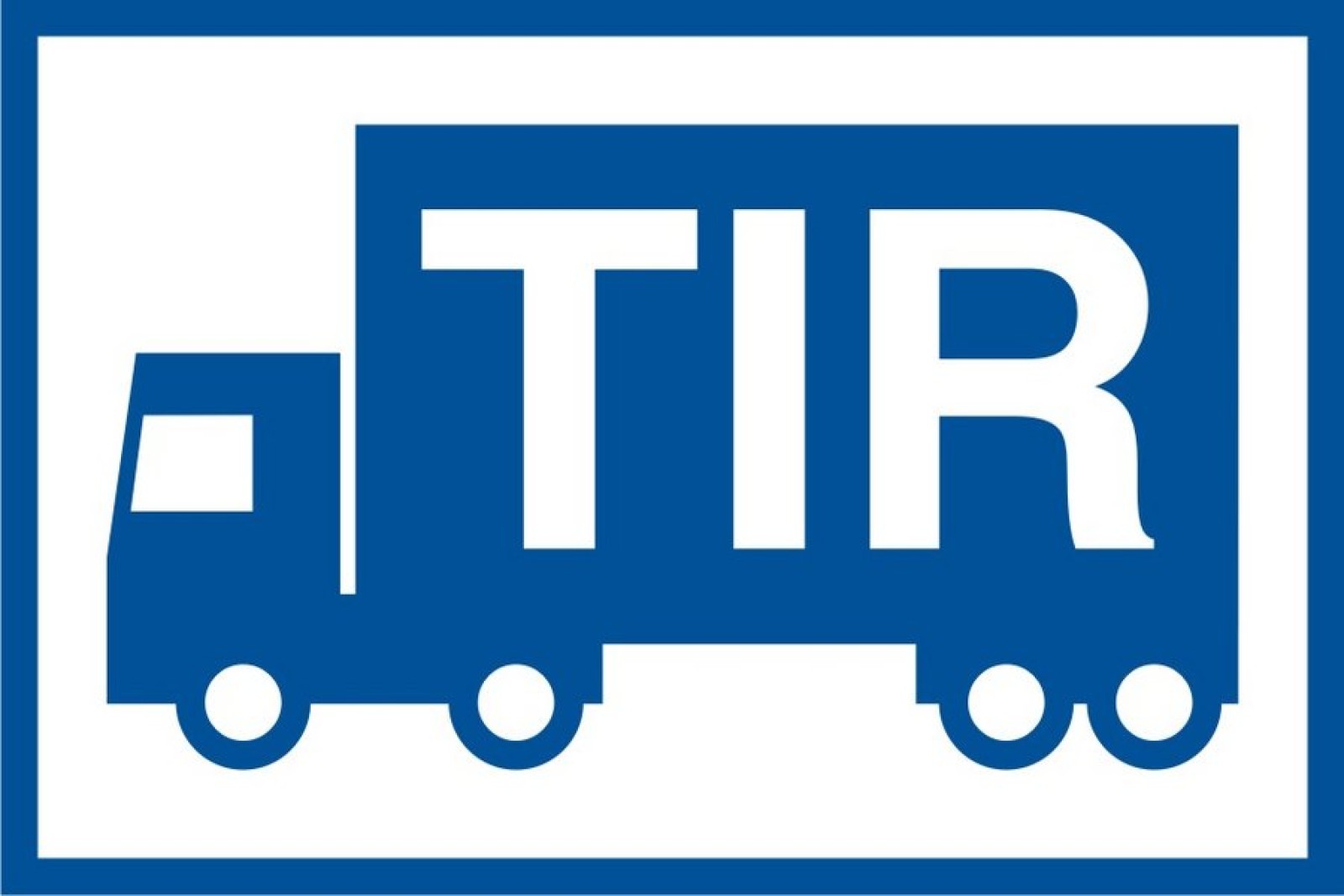
The TIR Transports Internationaux Rou Tiers (TIR) Convention is a legal agreement that allows for the carriage of goods through several countries. The goods remain sealed in the TIR vehicle during transport, which means they do not need to be inspected by customs authorities at border crossings. However, random checks by customs authorities can take place in some countries. The TIR Convention covers transports that use road vehicles, combinations of vehicles, and containers. In addition, all modes of transport can use a TIR Carnet.
The term TIR is derived from the French term "Transports Internationaux Routiers," which means International Road Transport. Generally speaking, the blue TIR sign on a truck indicates that the transport operator is using the TIR guarantee for international customs transit. The TIR sign is a symbol of the TIR Convention, a multilateral agreement between 76 countries. Twenty more states are expected to ratify the convention in the coming years. TIR removes the need for on-site duty payments and customs inspections. As a result, TIR-convention-compliant trucks can traverse dozens of European countries without being stopped at border crossings. This reduces lead times by as much as 80 percent.
The Inspections of TIR Transports International Routaires (TIR) procedure begins at the customs office of departure and ends at the customs office of destination.
The TIR convention simplifies customs procedures and allows the contents of sealed load compartments to pass through customs control without delay.
The TIR Transports International Routiers (TIR) Convention is a mechanism for ensuring the safe and efficient transport of goods worldwide. It was adopted in 1975 by 68 countries. Most of these countries are in the European Union, and some are in North Africa or the Middle East. Recently, more Asian countries have also shown interest in the TIR rules.
The TIR system allows for the transportation of goods in sealed load compartments without the need for additional security measures at the border. The TIR carnet is the basic document for international transportation and is accepted by all Customs services. It is important that the TIR transport label is closed properly at the Customs office of departure and the association is present to verify the information on it.
When you're searching for a truck, make sure to look for TIR Transports International Routiers (TIR) trucks. These trucks are approved to move goods internationally without incurring additional charges.
As a member of the TIR Convention, Oman has many benefits to gain by using the system. These include a faster transit time and lower costs for transport. TIR also allows companies to ship goods between countries in a timely manner. Moreover, this system is a vital tool for small and medium enterprises to grow.
In addition to supporting other economic sectors in the Sultanate, TIR transports can speed up and simplify cross-border trade.
The TIR Convention was adopted on 20 October 2007 and became operational in the United Arab Emirates, Saudi Arabia and Oman. This convention is now the only global customs transit system and facilitates the seamless movement of goods across borders. Over 30% of the world's trade passes through the Red Sea and Middle East, making the implementation of the TIR Convention crucial.
The benefits of the TIR system include: cost reductions, reduced delays, and increased security in the supply chain. It can also improve national economies and communities.
TIR is a trusted method of transport, allowing goods to cross borders in record time. In addition to reducing transport time and cost, it eliminates physical border controls. In addition, the system ensures the integrity of customs seals.
Copyright 2025 Al Nowras Logistics Solution